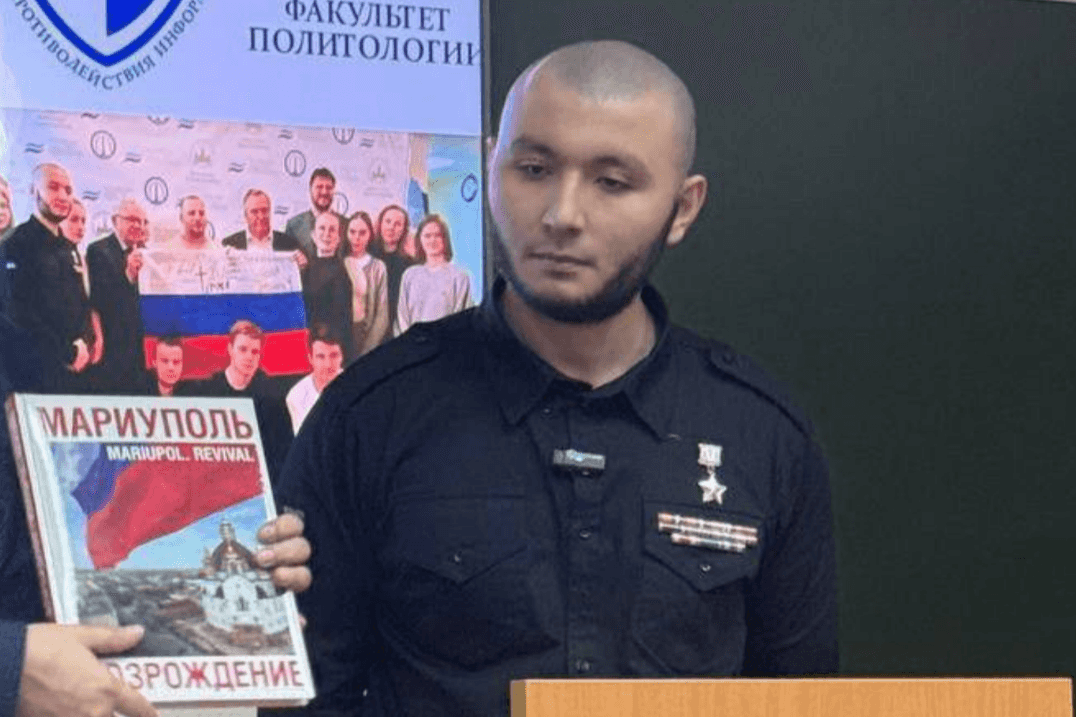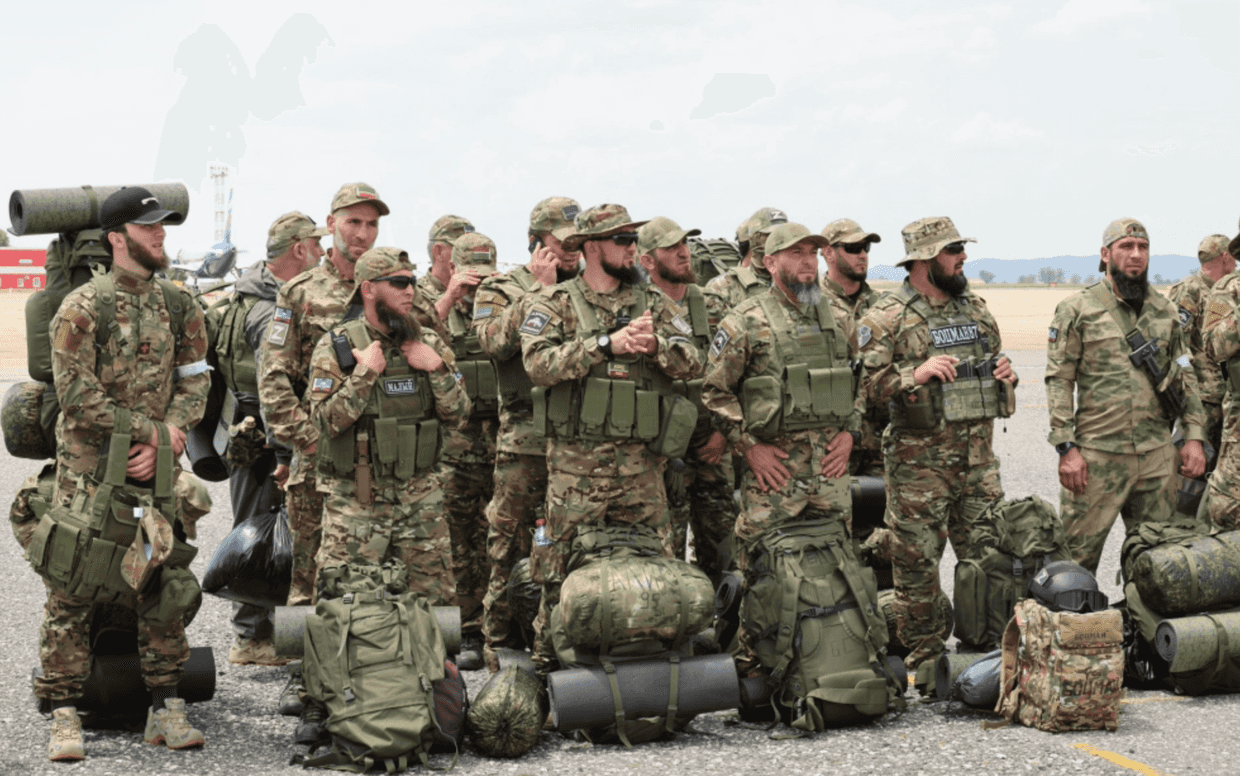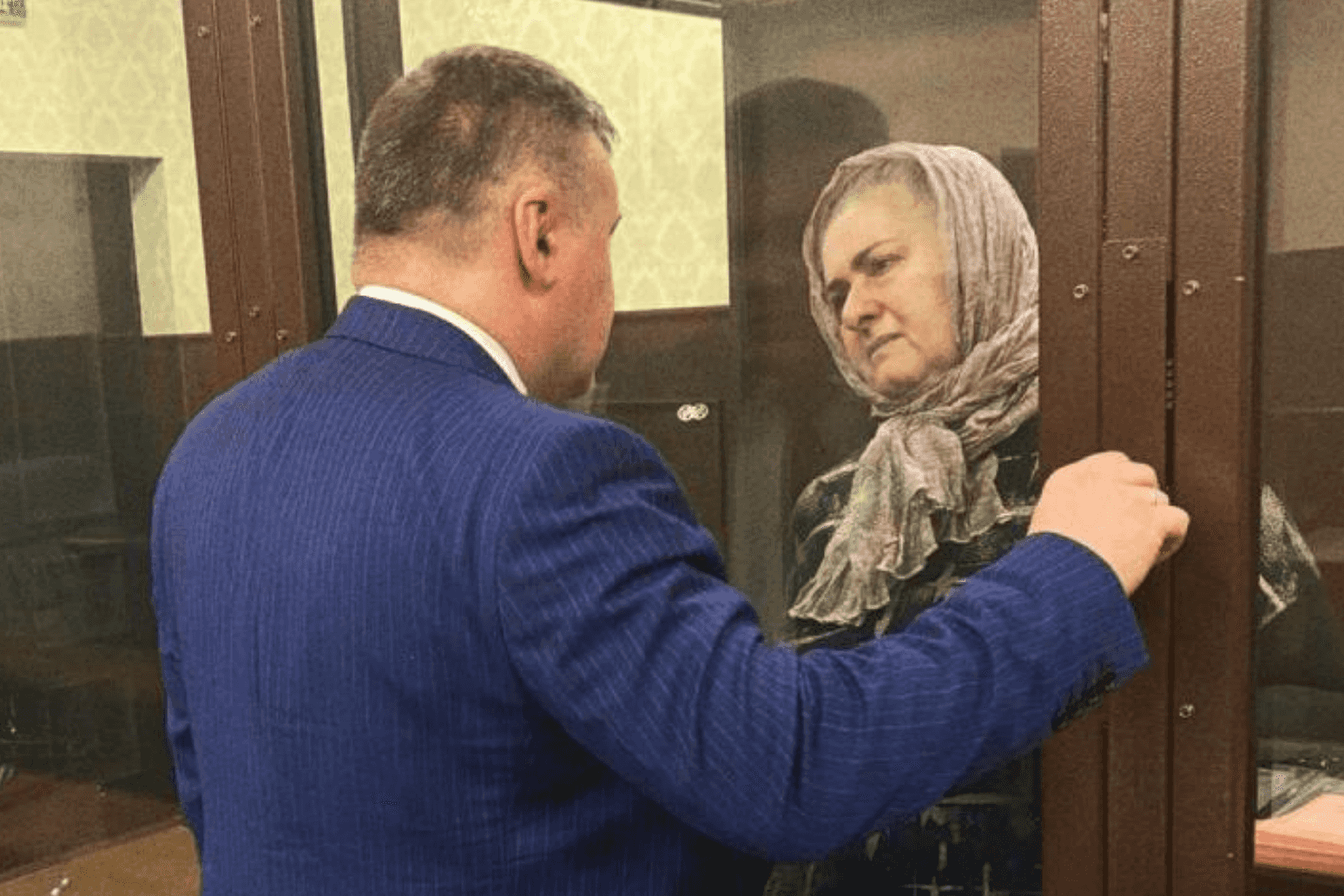North Caucasus rights organisations brace for crackdown as Russia bans ‘international LGBT movement’

Russia’s Supreme Court on Thursday declared ‘the international public LGBT movement’ an extremist organisation, and banned its activities in the country. The move is set to threaten the work of rights defenders in the North Caucasus.
‘The international LGBT movement’ is not a legal entity, leading rights defenders to suggest that the ban will be used to fine and imprison those working with queer people in Russia.
The decision was made following a 17 November request by the country’s Justice Ministry, in a four-hour session closed to the public. According to the Russian LGBT Network, a Russia-based human rights organisation, the ban will come into force ‘no earlier’ than 10 January 2024.
Only representatives of the ministry were allowed into the Supreme Court hearing, with no representatives of the defence present, reported Mediazona. Journalists were allowed into the hall only during the announcement of the decision.
Russian news agency Interfax reported that the decision would not affect people’s right to privacy, and would ‘not entail any negative legal consequences’. It added that consequent restrictions would only relate to the existing ban on ‘LGBT propaganda and advertising’, and ‘bringing people into the LGBT movement’.
A party that disagrees with its designation as an extremist organisation can appeal the decision, according to the North Caucasus SOS Crisis Group, which works with queer people in the North Caucasus.
While there is no entity corresponding to the ‘international LGBT movement’, a group of Russia-based queer activists on 29 November announced their intention to create an international queer social movement to defend their interests in court.
The North Caucasus SOS Crisis Group noted that ‘the international LGBT movement’ did not exist at the time that the hearings took place, with Russia’s Justice Ministry required to prove during the hearings that ‘the organisation not only exists, but also conducts extremist activities’.
They added that due to the closed nature of the meeting, it remained unclear who would be affected by the legislation and how.
‘Certain details will become known only after the possible publication of an announcement by the Ministry of Justice or the Supreme Court, or after the first cases for LGBT extremism appear’, the group wrote.
North Caucasus SOS additionally stated publicly that they would continue their work, but asked that money not be transferred to them from Russian bank cards.
‘Despite the increased risks, we will continue to help people in mortal danger in the North Caucasus.’
Prior to the decision, the group’s press secretary told OC Media that the only question the group faced if the declaration was made was ‘how to organise’ their work.
‘The past years show that the situation with violations of LGBT rights is getting worse, and we have not yet recorded any trends toward improvement. So yes, it is likely that the situation for LGBT people in the country will continue to worsen’, they said.
‘A catastrophe’
In the past year, two other anti-queer laws were adopted in Russia. In December 2022, the law against ‘LGBT propaganda’, which, since 2013, had applied to material accessible to children, was extended to that available to adults. Disseminating information deemed to present homosexuality, bisexuality, or being transgender in a positive light is punishable with fines of up to ₽400,000 ($4,400).
In August 2023, gender transition and changing gender markers in documents were banned in Russia.
Erik Khaev, a queer activist from North Ossetia, told OC Media that Thursday’s decision was ‘a catastrophe’.
‘The punishment for participation in the activities of an “extremist” organisation is from six to 10 years in prison’, said Khaev, who is currently based outside Russia. ‘Activists, including me, organisations that support and help LGBTQ+ people from the Caucasus […] will find themselves outside the law. Their activities will be suspended or limited — we don’t know what will happen to them.’
He added that even those who were not activists, but any person or organisation believed to be associated with or supportive of queer rights, might find themselves on a list of extremists and potentially face having their bank accounts blocked.
Khaev added that the decision would ‘foster and fuel hatred’ towards queer people.
‘Homophobes will become even more homophobic, security forces will feel their power and their free rein even more (for example, in Chechnya). And also, such “vague” laws can be used against any “unwanted” person’, says Khaev.
Abuse of queer people in the North Caucasus, both at the civil and official level, is notably widespread. Rights organisations frequently report that queer people in the region are beaten, taken to medical centres where they are subjected to forced ‘treatment’, raped, and murdered, particularly in Chechnya and Daghestan.
In 2017, anti-gay purges took place in Chechnya. During the purges, men were detained on suspicion of homosexuality, and held in illegal prisons where they were beaten, abused, and tortured.
A further wave of persecution took place in 2019, with two people reported to have been tortured to death and a further 40 detained.
[Read more: ‘It would be better if you died’: queer Daghestanis on coming out]
A number of individual abductions have taken place since. In 2020, Ismail Isayev, 17, and Salekh Magamadov, 20, were kidnapped from a shelter for queer people and forcibly returned to Chechnya. In February 2022, Magamadov was sentenced to eight years and Isayev to six years in prison, on charges of transferring food to a member of an illegal armed group in the summer of 2020.
This article was amended on 2 December to correct the spelling of Khaev’s name.








